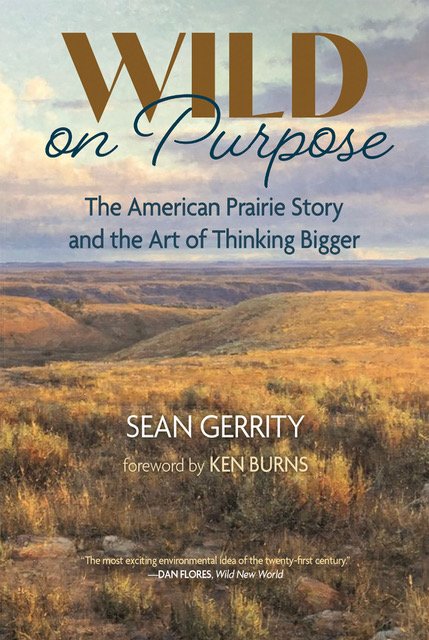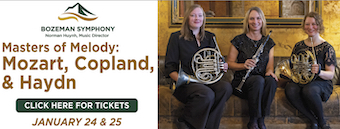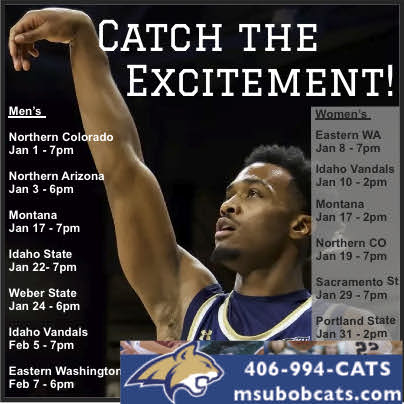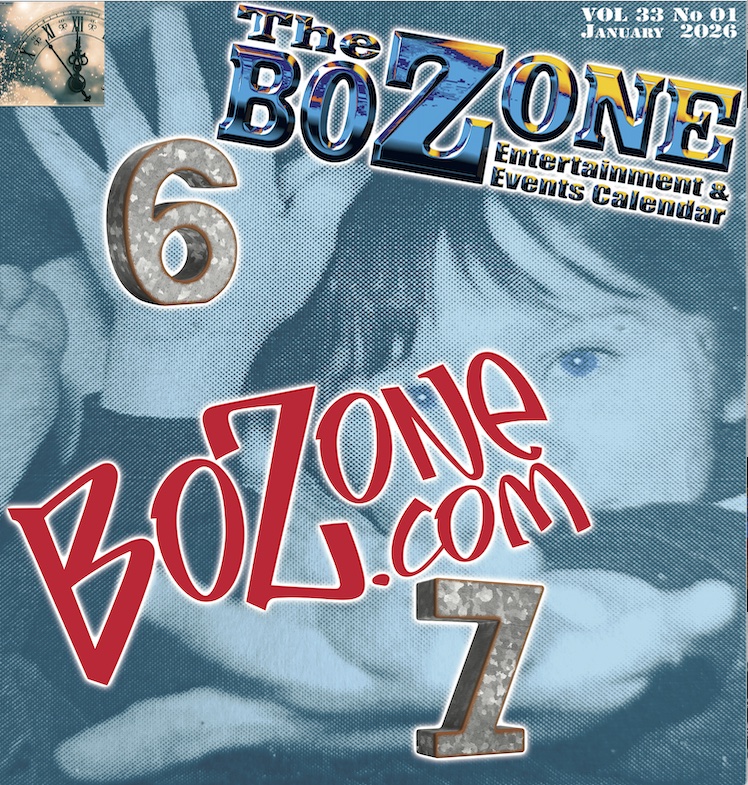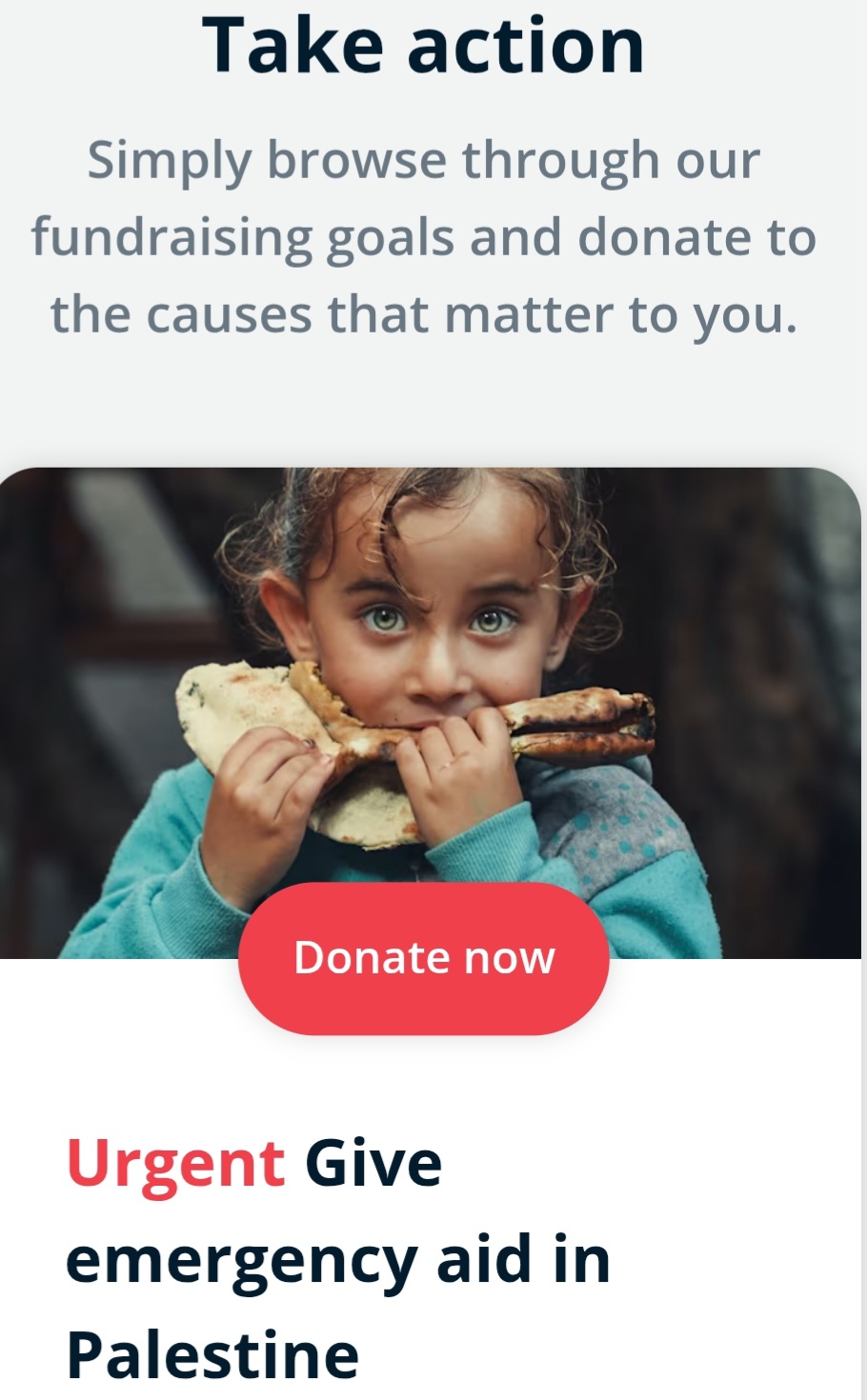Jeni, Jake & Chad: Reuniting with the hometown crew
A Bozeman favorite will reunite for a one-off reunion tour at the end of March! Musicians turned friends turned bandmates turned non-traditional family Jeni Fleming, Jake Fleming, and Chad Langford will come together following a quite eventful ten-year hiatus. In anticipation of The Jeni Fleming Trio’s Emerson performance and potential swan song, The Rolling Zone was able to catch up with all three members for a special “Where are they now?” interview.
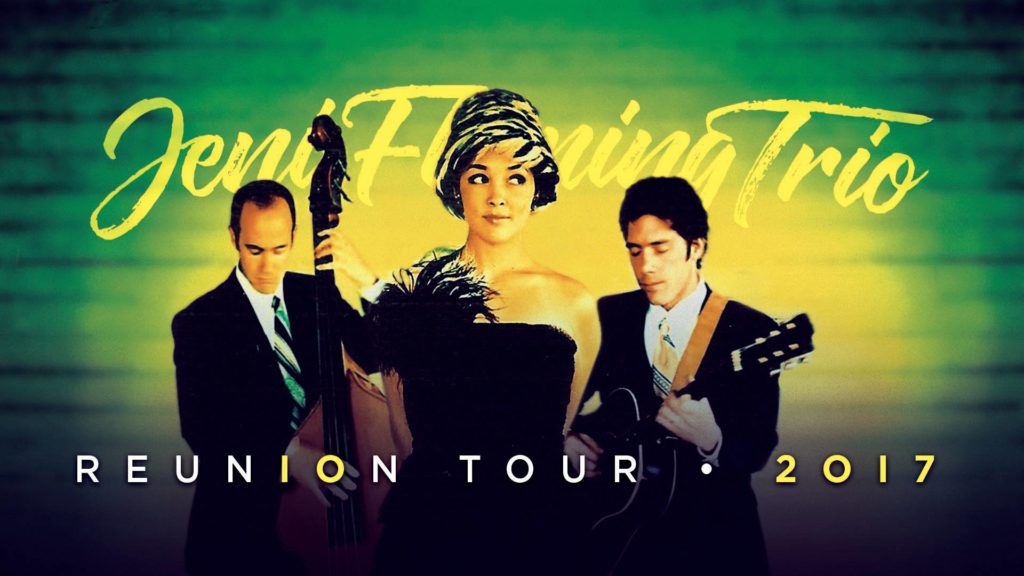
RZ: So…ten years. How does it feel to prep this new batch of shows and return to the stage with this Trio after a decade away?
J(eni)F: When we disbanded, we always knew there would come a day when we would want to do a show together. It was one of those rare bands where everything sort of clicked — so many things just lined up. And now we look back on those times and realize how serendipitous those coming together were. But there was a lot of life that had to happen. We were so young when we met, [and 25] is a different size ego than when you’re 43. [laughs]
RZ: It’s just a different life.
JF: Right. So much stuff has happened since then. I think somewhere we all understood that we needed to walk away from each other to let this life happen. All of us knew life would happen, things would settle down, and we’d have a chance to come back together. So here we are, ten years later. Jake and I are divorced, [but] he and I knew we would know each other forever. I don’t know that either of us consider our marriage a failure. It was a really fantastic chapter in our lives and it came to an end. So now all of those things have settled down and this opportunity came around to do some concerts because Chad finished his doctorate and was coming back to the states. And the timing was right, kind of like the first time we met. We’ve all gone on to continue music in our own way, but we’re coming back to this as equal partners with an equal amount of music under our belts and new experiences. That is, I think, a rare opportunity for bands.
RZ: Ten years does seem like a fortuitous time to come together. Why do you guys feel like now is the time for your Trio to rejoin for these shows?
J(ake)F2: Ever since Chad first announced his plans to move on to The Hague to study composition, there has been an inner-knowing that we would play again someday. It was just a matter of time. The feeling and the timeline have come together to make this reunion happen. There was a stretch of time where I wouldn’t have been interested in doing the reunion, but last year the vibration seemed to bubble up as an idea that made sense — like the hatching of the cicada or blooming of the purple Karvy. Jeni had been wanting to do it as well. And when we asked Chad, he was into it. It was very much like when we originally formed for The Trinity Tour. Very natural, no resistance.
C(had)L: It’s funny. Last year around this time, I had been thinking that it had been ten years since our last concerts together, wondering how it would feel to do a gig with Jake and Jeni. Not too long after, out of the blue, Jake emailed me to see if I’d be interested in doing something this year. Jeni and I were both on board — of course — and a “10-year reunion” seemed to make sense, so here we are!
JF: A lot of people have asked if we’re releasing an album or planning another tour, and really no. We’re just playing music together because it’s fun. And not just for our parents, but longtime really dear friends that were fans of the Trio [and] champions of our music, former professors and colleagues in the music business. There are a lot of people that really were the reason we enjoyed as much success as we did. No one ever forges that kind of name for themselves alone. This is the hometown crowd.
RZ: What are you most looking forward to in anticipation of these performances?
JF2: Laughing! I miss playing music with Jeni and Chad and am very excited to fire up these tunes and grooves again. This time we know the venture is going to be short-lived, and we won’t be distracted by business plans and the effort of building a career around the group. It’s simply three great, longtime friends getting together to play music, laugh, and share that experience with anyone who’d like to share and observe it.
CL: I’m just looking forward to being back in Montana, revisiting these songs with Jake and Jeni. We spent a number of years working very closely with one another, during what I feel were very formative years of music-making for all of us. Ten years on, we’ve all had vastly different experiences, so it will be interesting to see how that shapes the way the music feels now. I haven’t been back to Bozeman for several years, so it will also be quite fun to see what has changed, what has stayed the same…
RZ: What do you have planned for this round of performances? Maybe a blend of stuff people will remember with a few surprises thrown in?
JF: Dancers, circus animals, light shows? [laughs] No. We are going super old school, back to the first time we played together. The first time we did a concert together was on campus. It was acoustic bass, acoustic guitar, I of course was the singer, but all three of us sang — and that was it. That’s all we had at our disposal. We [eventually] added more instruments and fell in love with the recording arts. Over time, the Trio morphed into more of a combo type of instrumentation, but it was still just the three of us performing. Now that we have this chance to get back together, all three of us immediately were like, “We want this.” Back to [when we were] the most exposed, the most raw. That was the most truthful the three of us were together, at the very beginning in our youth and innocence. [The Reunion Tour] is for real just the three of us on the stage with a couple of microphones, probably telling all the stories we used to tell.
RZ: How has the last ten years served your passion for music?
JF2: Each decade in my life has felt like a complete stage of growth. Over the past decade, I’ve come to understand music as the source of all things. Or in a less devotional sense, a metaphor for all things. Being a musician can be a self-imposed, emotionally and physically brutal existence. While music-making offers the highest level of joy and connection, the process of learning instruments, songs, composing, making albums and all the various aspects are very demanding — not to mention the fact music exposes one’s insecurities and we make music with other human beings. So, the manner in which my bandmates and collaborators deal with life ends up affecting me. It may sound strange, but during the last ten years I’ve been able to separate my personal life from music and that has served my passion. The ability to maintain this separation has kept my love for music fresh and untainted. Music is sacred to me, beyond my personal experience. It informs my experience. In the past, whenever I’ve felt numb to music, it has been because my life was numb. The next step is to become music, although it’s arguable that we are all already music. So maybe the next step is to fully realize that I am music.
CL: I think anyone who has lived for a considerable period of time outside their home country would agree that living abroad changes you — it opens you up not only to new cultures and new ideas, but also allows you to see your own home culture more clearly. I feel that I have grown so much as an artist over the last decade. I’ve worked with some incredible musicians and composers from all over the world, many of whom have become close friends and helped me to further refine my artistic conception. Of course, this gives you a lot of confidence in what you’re doing and encourages you to keep setting your sights higher.
RZ: So Jeni. Touching on your health scare of last May, how has such a life-altering event affected your relationship with—
JF: Everything? Well [it] came out of the blue. When you’re 42, you do not have a heart attack on your radar at all. I don’t live poorly enough to warrant that. [laughs] All [the doctor] could come up with was that it’s hereditary, and I was adopted so I don’t know my medical history. I did meet my birth mother about six years ago. We had kind of an every other month conversation on the phone type of relationship, and then she died. We just had a lot of other stuff to cover before we got to the medical. There wasn’t a whole hell of a lot I could’ve done about it. Don’t get me wrong, it was a big deal, but as far as heart attacks go, it was fairly textbook. My parents live here, I have a sister here, and my boyfriend was a rock star through the whole thing. I had all the support I could have ever hoped or dreamed for. That being said, when you go through an experience that so easily could have gone the other way, a lot of stuff gets shoved into perspective. Stuff you didn’t even know was out of whack in the first place. Like my friend Eric Funk says, that kind of experience demands a new normal in your life. Everything gets reevaluated, reweighed, and looked at from a different angle.
RZ: Priorities get rearranged.
JF: From top to bottom, from who with and how you spend your time. There’s the obvious things, but [what’s] really emphasized, you can’t be as stressed out as you are used to being. Today, it’s almost normal to hit the ground running and fall into bed exhausted. That’s just how we live. Where I was happy to burn the candle at both ends, now I don’t have the luxury of that anymore. Most musicians’ mentality is you say yes to every gig, every gig. Because every gig will help you become a better musician. [But] I can’t be concerned anymore about “advancing my career.” I have to do things I enjoy, or are really interesting, and stimulating, and challenging personally. That’s probably the hardest thing about this scare, having to live a completely different way than I have for the first forty-two years.
RZ: How can you say Bozeman’s “scene” has allowed you, and others, to maintain the grind of a working musician in a small-ish town?
JF2: The Bozeman music scene has been uniquely created by the musician. Music is not a commodity in Bozeman, and there’s really no way to be employed as a musician like there is in large cities. The Bozeman scene itself, however, nurtures artists, educators, entrepreneurs and the like. From my 25-year experience of being a musician and educator in Bozeman, it has been the people who live here and their genuine love and interest for my honest efforts that has allowed me to maintain my grind. Most of the music venues are owned and managed by people sharing the same type of dream — to find joy in their work while serving others and paying the rent. It’s a partnership. And that same partnership is found between the musicians who sell tickets to their shows and the loving folks who buy them.
RZ: Many local groups intermingle a lot of the same musicians, yet still present completely unique projects. What do you think that says about what our area has to offer?
JF: I still say Bozeman, in the Montana music community, is an anomaly. It’s got an inordinately large number of really high caliber working musicians in all the genres. For our population, that’s unexpected. It’s inevitable we’re all going to work in each other’s bands. We call it incest, which is probably not the most polite way to describe it. [laughs] I think that just happens in a small town. I also think — and this is something that’s become more important to me since the heart attack — you play with people you like. Music is kind of secondary. We just happen to be lucky that so many of the musicians that work in this town are great musicians. At the end of the day, we want to hang out with the people we like.
RZ: Chad. What observations have you made about the place live music holds in everyday European life, in comparison to that of Bozeman?
CL: It’s impossible to generalize about “Europe,” but in my experience, I find there are many positive comparisons. I think Bozeman has always punched well above its weight in terms of the quality and variety of music on offer. Coming of age as I did in the late eighties/early nineties, I remember the sheer number of rock and alternative bands based in the Bozeman area. When I first started playing, there were around 20 or 30 bands that regularly curated shows and festivals around the region, and many national touring acts stopped off to play in Bozeman venues due to us being on the I-90 cross-country route. I lived in the Netherlands from 2007 to 2012, and during my time there I found the scene to be absolutely mind-blowing. With a population of 16 million people spread over a relatively small land area, you have multiple music festivals running every week somewhere in the country. In addition, newcomers to the Netherlands feel a very real sense of becoming part of a proud tradition of live music appreciation and artistic innovation in Holland — from jazz and pop to avant-garde music and everything in between. For a town of its size, I feel that Bozeman shares a similar vibe, and has done so for some time.
RZ: What do you all have planned for the future? Where do you go after the Reunion Tour strums its last chord?
JF2: I have a slew of ongoing projects, some started and some still ideas. I’m going to release a children/parent concept album about the Earth this June. I’ve been writing the album with and for my daughter Betty, but the music is not typical children’s music. The songs are 5–6 minutes each and musically mature enough to grow on parents. It’s fun. I also have ideas to develop some children’s music situations in town. I’ll continue my jazz studies, playing when the opportunity arises. One day I’ll record an album of original material. Through my yoga practice and wife Crystal’s studio, I’ve been studying and leading chanting sessions and kirtan (devotional chanting). One of my forms of text meditation is setting text to music, so chanting in Sanskrit is perfect. I’m working on a live electro/acoustic music situation to use in yoga classes and around town. In the same vein, I’m working on producing music that is suitable for yoga practice and relaxation. I don’t engage much in material consumer purchases. Rarely do I buy clothing or “stuff,” but I do allow those impulses to build my instrument and software collection. I have more tools than time to use them, the options are limitless. I’m set for life!
CL: At the moment, I’m lecturing in composition and orchestration at Durham University in the North of England. My wife and I have lived there for nearly five years and we absolutely love it. Artistically, I feel that I am at a bit of a crossroads. Over the last ten years I’ve concentrated almost completely on honing my compositional craft, but I feel that now I want to start incorporating my own bass performance into that practice. What shape this will take is anybody’s guess, but this will be my focus over the next year. And I’m planning on composing as much as possible whilst back in Montana, as I know I will feel very inspired!
JF: I teach five days a week, six hours a day. Thirty students that study either voice and/or piano. I’m in three bands that work a lot — I just say three because two of them work a lot and the other five equal out to one. So there’s a lot of music happening, but I think I spent nearly two decades trying so hard to push my own music and with everything that went on this last year, I need a little bit of time to not feel like I’m some machine that has to pump this stuff out. There’s always going to be projects I’m interested in. I’m being really choosey about where I put and with whom I spend my time. Right now I’m sort of okay pouring most of my energy into my kids, making sure they’re on track. I know that that opportunity will come around again. Before, I saw my music as an opportunity to leave a legacy. Now, I think teaching is way stronger of a legacy.
RZ: You’re sharing the love with future generations.
JF: If I’m being honest, the kids probably see something closer to who I really am than anyone who has seen my concert. In the past five years, I’ve learned I have a need that’s not unlike everyone else’s need — to be seen really for who I am. When your profession prevents that — for example if you’re a performer — and you are being asked to portray some kind of persona from a stage, that audience is never going to see you for who you are. It’s polished. That’s not allowing for someone to see me for who I am. Who I am is probably more often out of tune than in tune. [But] all of those concerns disappear when you are dealing one-on-one with a seven-year-old trying to teach them how to count quarter notes. Even though that interaction I have once a week with each kid probably takes less emotional energy, in the long haul means way more to me because that is me, unphotoshopped in yoga pants with a baseball cap on. [Performing] is fun while it’s happening, and I enjoy singing, but I think my work right now is with kids. That’s been the focus and the heart attack is just hammering it home.
The Jeni Fleming Trio brings a one-night-only reunion performance to the Emerson Center for the Arts & Culture on Friday, March 31st at 7:30pm. The evening will begin at 6:30pm with a no-host cocktail hour and hors d’oeuvres provided by The Emerson Grill. Tickets to this awesome night of friends and music are $16.50 and available in store at Cactus Records and www.cactusrecords.net/tickets. Additional reunion shows will be held in Billings and Rapid City, SD. Find Jeni on Facebook for further information on these performances. •

